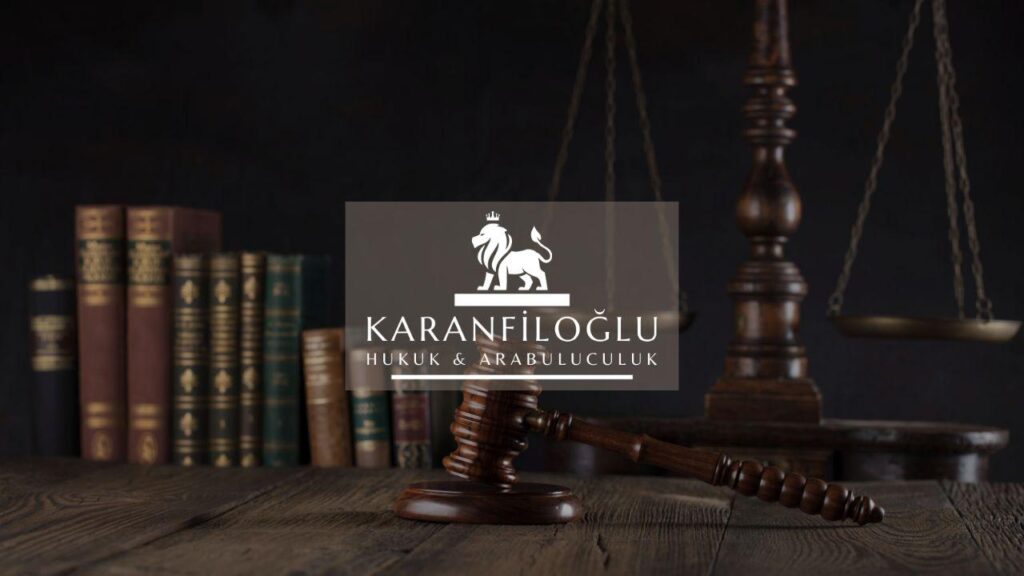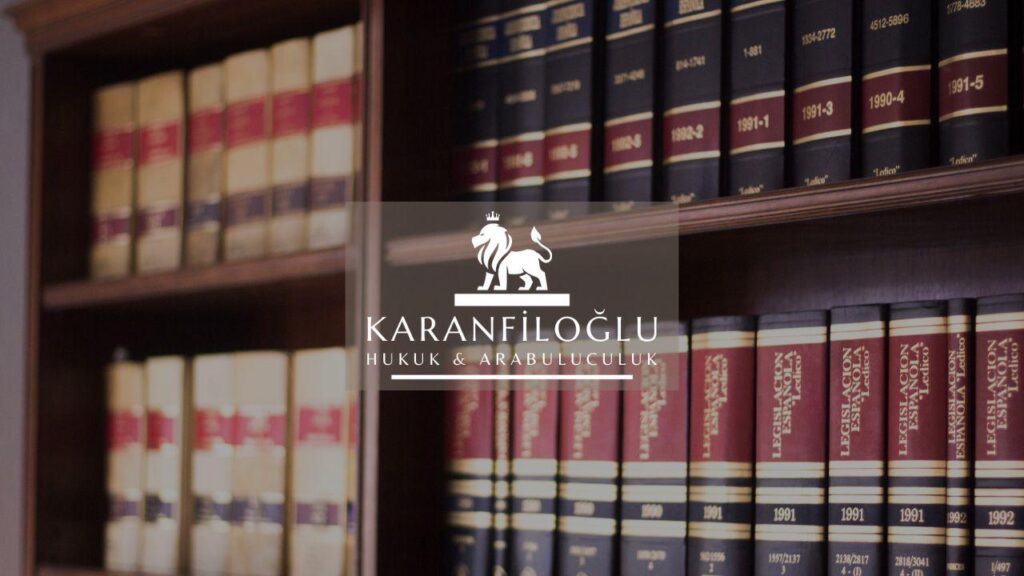Navigating the complexities of Turkish real estate law is essential for both buyers and sellers to ensure successful transactions in the dynamic property market. Governed by numerous regulations, the primary legal framework is shaped by the Turkish Civil Code and the Title Deed Law. Article 683 of the Civil Code specifies the rights of possession and usage, while Article 2 of the Title Deed Law No. 2644 establishes the procedures for property registration. For foreign nationals, the Land Registry Law imposes specific conditions under Article 35, regulating property acquisition with certain restrictions. The Zoning Law, Law No. 3194, further impacts real estate projects, mandating adherence to designated land uses to prevent future legal disputes. The experienced team at Karanfiloglu Law Office is adept in advising clients on compliance with these intricate legal standards, ensuring that both buyers and sellers fully understand their rights and obligations throughout the transaction process.
Key Elements of Turkish Real Estate Transactions
In Turkish real estate transactions, the purchase contract, or “sales promise agreement,” constitutes a critical initial step, setting the groundwork for transferring property ownership. According to Article 1004 of the Turkish Civil Code, this agreement must be in written form and notarized to be considered legally binding. It typically outlines the conditions of sale, including the purchase price, payment terms, and any contingencies. Additionally, buyers are encouraged to conduct due diligence on the property’s legal status, ensuring there are no encumbrances or legal disputes, while sellers must provide an updated title deed, an obligation stemming from Article 3 of the Title Deed Law No. 2644. These documents provide assurance of the property’s legal standing and confirm the seller’s ownership rights, thereby facilitating a smooth transaction. At Karanfiloglu Law Office, our team ensures the meticulous preparation and review of all necessary documents, safeguarding your interests throughout the purchasing process.
Another crucial component in Turkish real estate transactions is the acquisition of approvals and compliance with zoning regulations. The Zoning Law No. 3194 outlines the necessity for properties to adhere to the designated land use plans, and non-compliance can lead to severe legal issues, including fines and potential litigation. Moreover, obtaining the mandatory municipality approval is essential for construction and habitation permits, as local municipalities hold authority under Article 21 of the Zoning Law to enforce zoning rules. For foreign buyers, additional assessments must be conducted in accordance with Article 35 of the Land Registry Law, which may include checks against geographic restrictions and military zones. The experienced legal advisors at Karanfiloglu Law Office meticulously examine all relevant zoning documentation and facilitate communication with local authorities, ensuring that your property is in full compliance with Turkish law, thereby protecting your investment from future disputes or regulatory problems.
Closing the transaction, commonly referred to as the “final conveyance,” involves the formal transfer of property ownership recognized by the Turkish Title Deed Law. As delineated in Article 26 of the Title Deed Law No. 2644, the transfer must be executed at the Land Registry Office, where both parties or their legal representatives are present to complete the deed transfer. This process requires the settlement of the final sales price and payment of any applicable taxes. It is crucial for the buyer to verify the accuracy of the title deed records, ensuring the property’s details align with the contract. Further, tax obligations under the Real Estate Tax Law No. 1319 must be fulfilled, including registration, taxes, and any outstanding fees. At Karanfiloglu Law Office, our legal practitioners expertly guide clients through this pivotal stage, confirming that all legal and fiscal responsibilities are met, culminating in a secure and legally sound property transfer.
Legal Considerations for International Real Estate Investors in Turkey
Foreign investors looking to enter the Turkish real estate market must be aware of specific legal considerations to ensure a smooth investment process. As stipulated in Article 35 of the Land Registry Law, foreign individuals can acquire real estate in Turkey, provided that the property is located within areas where international buyers are permitted to purchase, and does not exceed 30 hectares in total. Moreover, investments by foreign entities are regulated under the Direct Foreign Investment Law to ensure compliance with national interests and regulatory frameworks. Understanding zoning regulations is also crucial, as these dictate the permissible uses of land; failure to comply can result in invalidation of investment agreements or forced alterations. At Karanfiloglu Law Office, our legal experts are equipped to guide international investors through the complexities of these laws, facilitating transactions that meet legal requirements and align with clients’ investment goals.
When dealing with real estate transactions in Turkey, it’s important for international investors to be keenly aware of tax obligations, as these can significantly impact the overall cost and profitability of the investment. Foreign investors are subject to the same tax regulations as Turkish nationals, which include value-added tax (VAT), property tax, and potential capital gains tax upon the resale of property. The Property Tax Law, governed by Law No. 1319, outlines the annual property tax obligations that investors must fulfill, based on assessed property value. Additionally, once a property changes ownership, there may be implications under the Inheritance and Transfer Tax Law (Law No. 7338), which stipulates conditions under which taxes are levied on the transfer of property rights. At Karanfiloglu Law Office, we provide comprehensive legal advice to navigate these tax considerations, ensuring that our clients can optimize their real estate investments without unforeseen fiscal liabilities.
Securing financing is another crucial aspect for international investors engaging in Turkish real estate, and understanding the financial regulations that govern such endeavors is essential. In Turkey, foreign investors typically seek mortgage loans from either local banks or international financial institutions. Turkish banking laws necessitate compliance with certain financial and legal preconditions, outlined under the Banking Law No. 5411, which regulates the financial system’s integrity and stability. Due diligence is mandatory to evaluate credibility and fiscal obligations associated with loans. Furthermore, engaging with financial advisors or legal professionals can be significantly advantageous in negotiating favorable loan terms and conditions. At Karanfiloglu Law Office, we specialize in advising clients on appropriate financing options, assisting with paperwork, and ensuring adherence to both legal frameworks and financial regulations, thereby facilitating a seamless investment experience in the Turkish real estate market.
Navigating Dispute Resolution in Turkish Real Estate Deals
In the realm of Turkish real estate transactions, disputes can arise from a multitude of issues, including misrepresentation, breach of contract, or defects in title. To effectively navigate these disputes, the Turkish Code of Obligations No. 6098 provides a comprehensive framework for contractual obligations and breaches under Articles 20-64. Additionally, the Turkish Civil Procedure Law No. 6100 offers guidance on dispute resolution processes, including litigation and alternative dispute resolution methods such as mediation, as outlined in Articles 137-140. For parties seeking less adversarial approaches, the Law on Mediation in Civil Disputes No. 6325 has made mediation a popular choice, emphasizing voluntary compliance and speedy resolutions. The experienced legal team at Karanfiloglu Law Office can assist clients in evaluating these options, helping to determine the most appropriate course of action to protect their interests while aiming for an amicable settlement whenever possible.
In many real estate disputes, engaging in arbitration can be a strategic choice for parties seeking a private and efficient resolution. Turkish law recognizes the validity of arbitration agreements under the International Arbitration Law No. 4686 and the Code of Civil Procedure, specifically under Articles 407-444, outlining the framework for domestic arbitration. Arbitration offers distinct advantages, including confidentiality and the autonomy for parties to select arbitrators who possess expertise in real estate matters. The enforcement of arbitral awards in Turkey is facilitated by the New York Convention on the Recognition and Enforcement of Foreign Arbitral Awards, which Turkey has been a party to since 1991, ensuring that arbitral decisions are recognized internationally. At Karanfiloglu Law Office, our attorneys possess in-depth knowledge of the arbitration process, skillfully guiding clients through the drafting of clear arbitration clauses and representing their interests in proceedings to achieve favorable outcomes.
Despite the various avenues available for dispute resolution, litigation remains an essential facet of resolving real estate conflicts in Turkey. Encounters that cannot be amicably settled through mediation or arbitration often proceed to court, where the Turkish judiciary renders decisions based on established legal principles, including those under the Turkish Code of Procedures. This legal journey can be complex, involving the presentation of concrete evidence and in-depth understanding of legal precedents. Court rulings, once achieved, carry the force of law and are enforceable, providing finality to property disputes. Karanfiloglu Law Office, equipped with seasoned litigators, is committed to representing clients with a strategic approach, ensuring that they are well-prepared to navigate the judicial processes. By leveraging our profound legal expertise, we seek to obtain judicial verdicts that uphold the rights and interests of our clients, thus fortifying the legal certainty required in resolving real estate disputes.
Disclaimer: This article is for general informational purposes only and you are strongly advised to consult a legal professional to evaluate your personal situation. No liability is accepted that may arise from the use of the information in this article.







